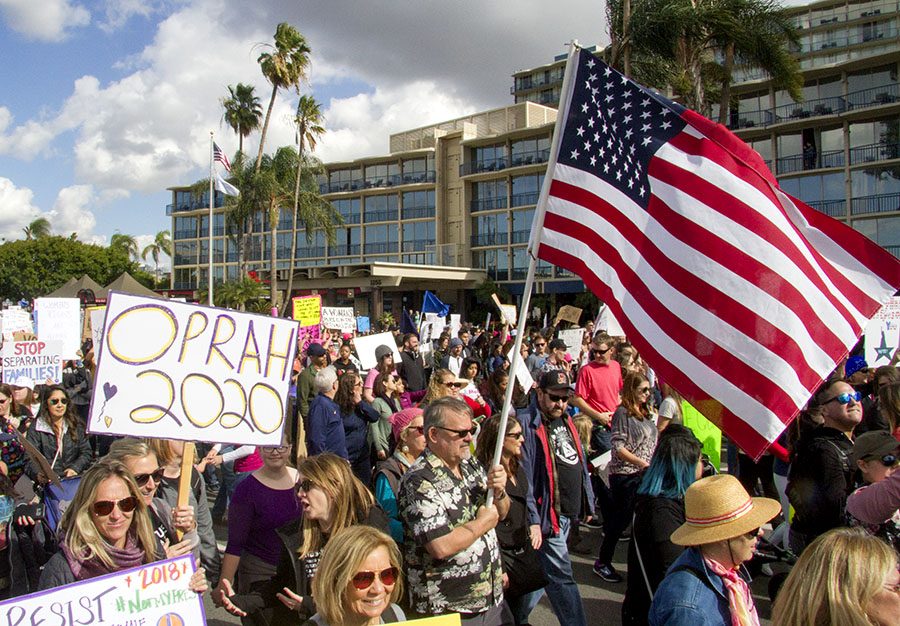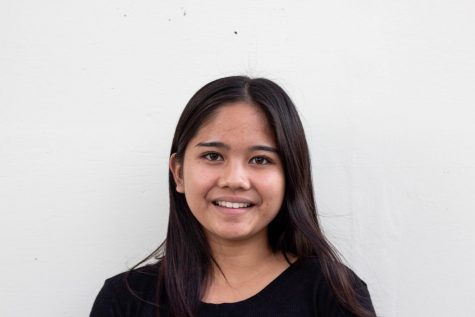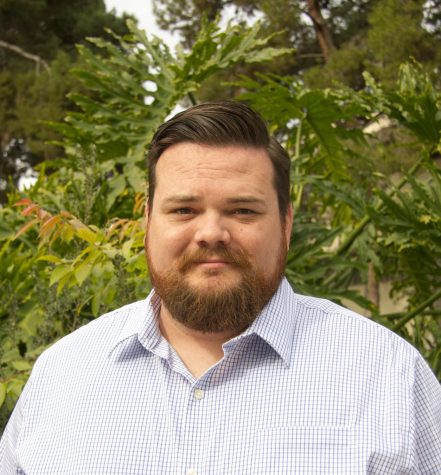In the midst of the #MeToo movement, San Diego State’s women’s studies department is stepping aside from their usual curriculum to offer a special course on current feminist movements for it’s first and only time.
The course, a special section of the class Sex, Power and Politics titled #FeministActionNow, will include guest speakers who will discuss hot-button issues, including the recent #MeToo movement. The class will also reflect on past feminist waves and their integration with other political movements, such as Black Lives Matter and those of environmental groups.
Women’s studies professor Shogofa Abassi said in order to get a basic understanding of feminism, the class goes in-depth about current language being used in women’s rights movements and the interests shared within them.
The class covers “where the interests lie and how those interests formulate certain types of feminism,” Abassi said.
Abassi said women’s movements are essential in representing a broader perspective than the individualism that exists within the industries of our world.
“(We will be) looking at different areas of the world, how they are placing people in roles and allowing functioning of a certain order,” Abassi said.
Students can expect to learn the smaller details of each movement, including the identities of those involved and how they got to where they were.
“Who these people are, their position in society and how they are moving together in one direction,” Abassi said.
With social media changing the nature of political activism, Abassi said the class will take time to look at how online activity compares to alternative forms of political engagement.
“If you have people going on Instagram and just (liking and following people), is that the same as people getting together face to face in the long-term in producing a kind of movement?” asked Abassi. “If this goes out of style, does the movement cease to exist as (social media) becomes no longer fashionable?”
The class explores the connection between the assignment of gender roles and ideas of manifestation, Abassi said.
“Is gender something that is strictly equal to another or is there a hierarchy?” asked Abassi.
The representation of women in society will also be looked at in different forms.
“As part of larger trends, we’ll look at perhaps how women are presented and portrayed in the media and advertisements, film and literature, and the aspects of gender,” Abassi said.
Business administration freshman Kylie Lafrades said she appreciates the new addition of current movements in the course content as they are a key component of women’s representation as a whole.
“I think that this new portion will introduce new perspectives to students that may have a limited understanding of women’s rights, or how contemporary movements affect women’s treatment today,” Lafrades said.
English teaching sophomore Dylan Corliss said he supports the class because of its importance and relevance, but that it needs more exposure if it seeks to reach those who are unfamiliar with such movements.
“The only issue I could see with it is an echo-chamber effect in terms of who would be enrolling in the course,” Corliss said. “It’s likely that the kinds of students that this class would attract would already be in support of these movements and have an informed opinion about them.”
#FeministActionNow, a three-unit course, would fulfill a General Education requirement for three units under the Social and Behavioral Sciences category. The class is a special section of its original course, titled Sex, Power and Politics, or Women’s Studies 375. It can be identified with four in the footnote criteria. The class is scheduled for Monday’s from 4 to 6:40 p.m.










